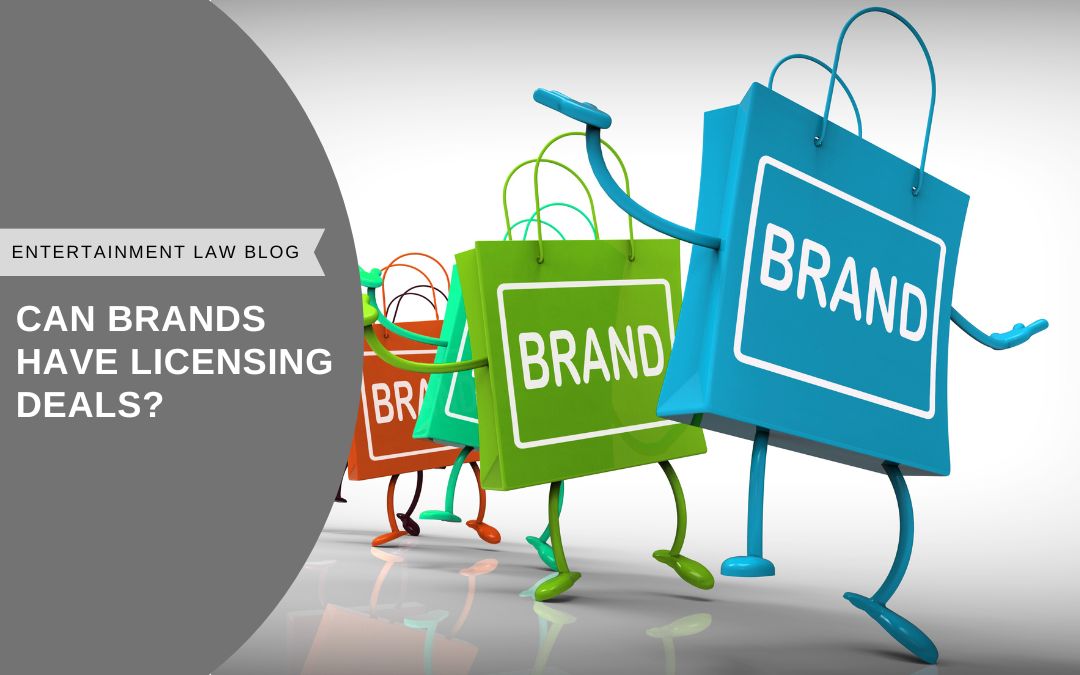Yes, licensing allows diverse businesses to leverage the power of an existing or emerging brand. Licensing deals for brands involve granting permission to third parties to use a brand’s name, logo, or other recognizable elements on products or services. Brand licensing enables companies to expand their brand presence into new markets, go “global,” or enter new product categories without directly investing in production or distribution. By leveraging the popularity and recognition of established brands, licensees can capitalize on consumer loyalty and increase their chances of success in the marketplace.
Examples
Think of the Air Jordan athletic shoe. Nike signed a licensing agreement with a then barely known Michael Jordan, reaping massive rewards when Michael Jordan’s fame (and brand) skyrocketed.
Another example is Warner Bros’ notable partnership with Universal Parks & Resorts, resulting in the creation of The Wizarding World of Harry Potter theme parks. These immersive attractions allow visitors to experience the iconic places and spaces in the Harry Potter universe, including Hogwarts Castle, Diagon Alley, and Hogsmeade Village.

